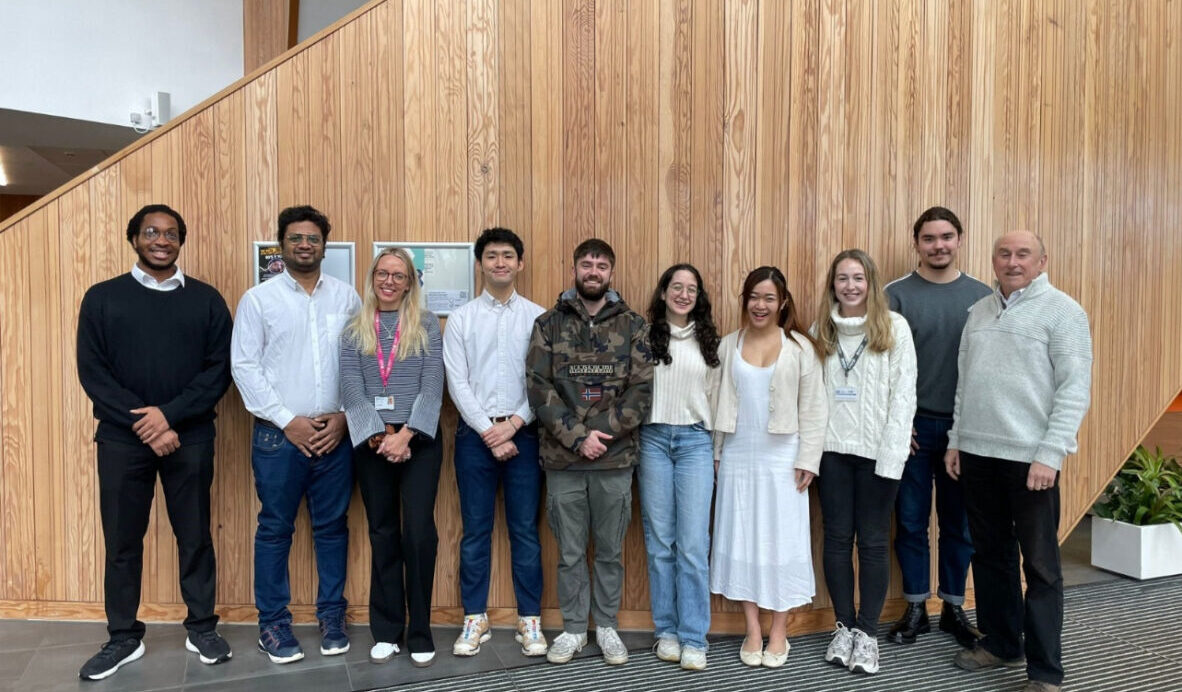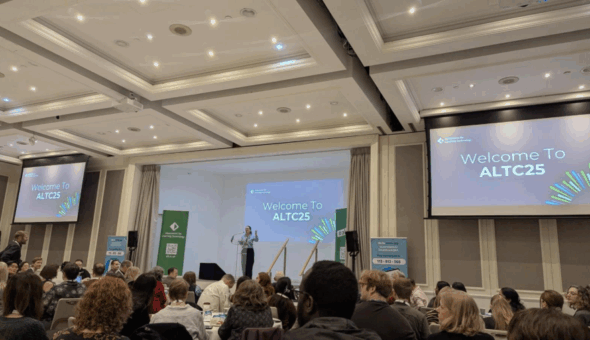Background to the project and VIPs more generally
Vertically Integrated Projects (VIPs) are collaborative initiatives at the University of Bath, initially developed at the Georgia Institute of Technology. These long-term projects unite transdisciplinary teams of students and academics to address real-world challenges aligned with the United Nations Sustainable Development Goals (SDGs). This is the first credit-bearing VIP, made possible thanks to the School of Natural Sciences for creating the opportunity.
Our VIP project specifically supports the Bath and Northeast Somerset (BANES) Carers’ Centre. This vital community organisation provides comprehensive support for almost 20,000 unpaid carers, ranging from emotional wellbeing and financial guidance to organising social activities. The Centre supports carers aged 5 to 93, demonstrating the extensive influence of this vital community resource.
Challenges We Are Addressing
Our main challenge is assisting the BANES Carers' Centre to significantly reduce their carbon footprint in alignment with BANES Council's ambitious goal of reaching net-zero emissions by 2030, to maintain funding from the council. The project spans two core areas:
- Building Energy Efficiency: The Centre is based in a Grade II-listed building, which poses significant constraints due to preservation regulations. Improving its energy efficiency requires innovative, sensitive retrofitting solutions.
- Sustainable Travel Behaviour: A significant portion of the Centre’s emissions stems from travel by carers and staff, primarily by private vehicles.
Methods We Are Using
Our approach combines comprehensive data collection, analysis, and stakeholder engagement:
- Thermal Modelling: Employing the Zebra thermal modelling tool developed in the School of Architecture at the University of Bath, our team is analysing building energy efficiency data and potential retrofits.
- Surveys and Questionnaires: Gathering detailed insights from carers and staff about travel habits, preferences, and needs.
- Case Studies: Examining similar historic buildings to guide our retrofitting strategies, ensuring preservation requirements are respected.
- Fundraising and Awareness: Developing targeted marketing campaigns and fundraising initiatives, using social platforms, to raise essential funds and increase project visibility.
What We Have Achieved So Far
The primary focus of the project's first year was the development of a comprehensive Sustainability Report, as requested by the Local Authority. To support this, we conducted extensive site visits, collected detailed travel data, and created a carbon reduction handbook. The report included potential recommendations such as installing water-source heat pumps, heritage double glazing, and multilayered insulation. This final report was presented to BANES Council, helping to position the Centre as a model for community-level sustainability.
In our second year, we focused on developing retrofit proposals informed by detailed building thermal capability research and assessing the potential impact of various interventions. Key activities included:
- Conducting a comprehensive Energy Performance Certificate (EPC) assessment to establish a clear benchmark and identify critical areas for improvement, such as inadequate insulation.
- Developing a detailed thermal model to evaluate the effectiveness and cost-benefit of potential retrofit measures.
- Investigating constraints associated with the building’s Grade II listed status and exploring mitigation strategies, including the potential use of a water-source heat pump.
- Creating a Sustainability Handbook to document best practices and lessons learned for future VIP teams..
What's To Come Next
The immediate next step is to finalise and present the full retrofit proposal, including potential costs and a timeline, to the Carers' Centre Management. Following their review, the proposal will be discussed with the Board of Directors for approval. Pending agreement on the plan, costs, and funding scheme, the next phase will involve launching targeted fundraising efforts to support the work.
Looking ahead, our goal remains to refine and expand our approach, using this project as a replicable model for sustainability in other heritage and community-focused organisations. Future activities will prioritise community and stakeholder engagement to secure sustainable funding and drive continuous improvements to the Centre’s carbon footprint. Through transdisciplinary collaboration, proactive problem-solving, and ongoing commitment, the VIP project is progressing towards a sustainable future for the BANES Carers' Centre and the broader community.
Student Reflections on VIP
Participating in a Vertically Integrated Project (VIP) at the University of Bath was a fantastic opportunity to collaborate with students from across various disciplines. In addition to the subjects covered in our study material, we gained valuable experience in transdisciplinary teamwork and explored themes such as sustainability, carbon reduction, climate change, social care, architecture, renewable energy, and Net Zero building upgrades. These additional skills broaden our future opportunities and strengthen our CVs.
This enriching experience not only expanded our academic and practical knowledge but also deepened our commitment to addressing real-world challenges.
We strongly encourage all students to get involved in a VIP project!
The Carers' Centre VIP team: Brian Rutter (Academic Director); Katie Gilham-Terrell; Amy Childe; Ekene Okoye; Reem Ghazali; Francheska Madriaga; Tanisha D Mello; Taamara Kelappan; Maksims Parahonko; Alex Hart; Bella Lowe; Ollie Howell; Dylan Andrews
Respond


